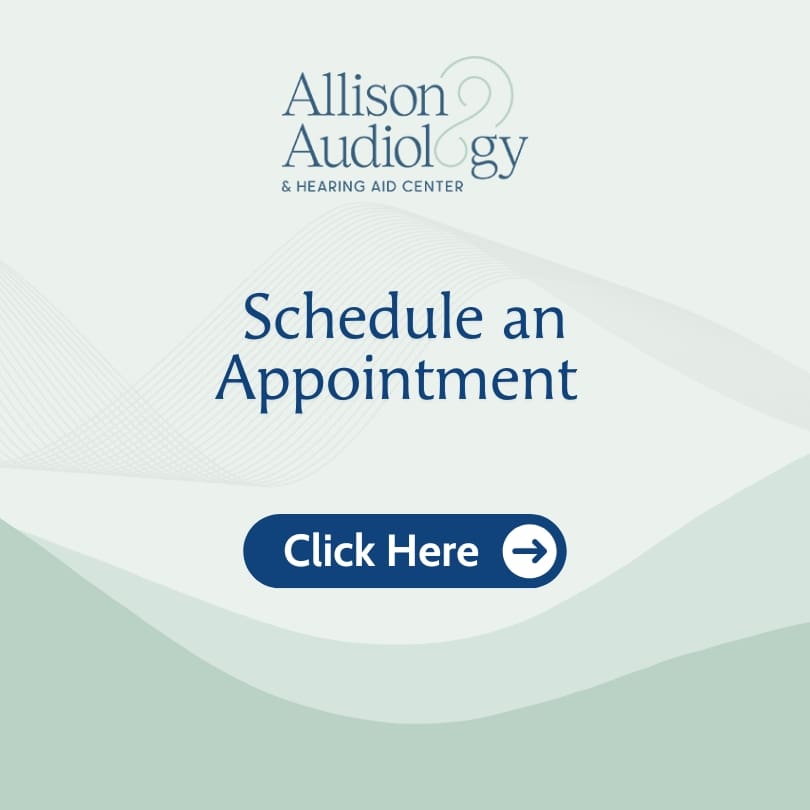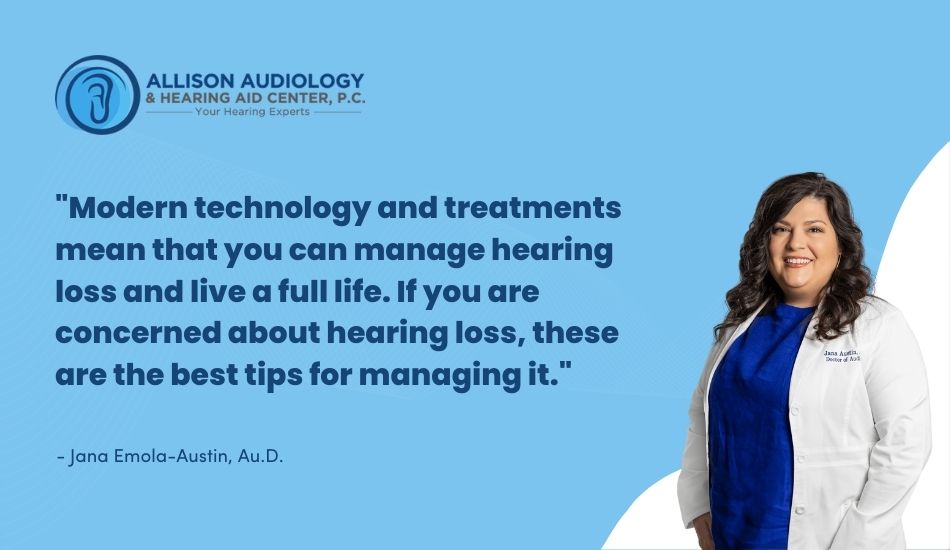When you experience a hearing loss, communication becomes murky, and you slowly begin to unintentionally ignore people, avoid in-depth conversations, or misunderstand what someone else is saying.
As your hearing deficiency becomes more advanced, some verbal sounds will become distorted or made duller. Unfortunately, your struggle with hearing can also affect how you speak when you become unable to hear your own voice.
Because communication is critical for maintaining a healthy, rewarding lifestyle, I want to dedicate this post to looking at some of the ways your speech might change due to hearing loss.
Decreased Sharpness of Certain Consonants
Aa and ee sounds tend to be more obvious in speech regardless of accent, but vowels are far easier to pronounce than consonants, requiring less mouth movement. In the English language, the proper pronunciation of consonants is critical for speech.
In contrast, consonants require a lot more movement of the lips, tongue, and jaw to be enunciated properly. As you lose your hearing, the sharpness of consonants decreases as your brain is missing a verbal marker or a certain vibration in your head that isn’t registering as before.
The lack of ear to brain communication leads to speech deterioration when pronouncing consonants like L, C, R, and S, interrupting your ability to speak clearly.
Speaking at a Higher Volume
Most people, when they are unable to hear their own speaking voice clearly, raise the volume of their speech to overcompensate.
As you raise the volume of your voice so you can understand your own speech, it can become irritating to others. When left untreated, hearing loss can result in the loss of your normal tone and accent.
The worst part of it all is that relationships begin to deteriorate because people begin to see you as loud and grumpy because you are raising your voice at them.
Repeating Yourself and Others
Another consequence that often goes along with not being able to hear your own voice clearly is a lack of confidence. Because you are unsure if you are being heard, you tend to repeat yourself over and over.
At the same time, you are not hearing the other person well, and you are asking them to repeat themselves. The awkwardness of a conversation that requires both people to continually repeat themselves becomes very uncomfortable, often adding to your desire to isolate yourself from others.
Faint Sounds
The natural reaction when sounds are faint is to talk louder and slower because your brain thinks the sound is further away than it really is.
To make yourself heard, you will speak louder and stretch out words and sounds in order to reach that person. Known as elongated speech, this speech pattern is extremely common in individuals with a hearing loss.
In addition to altering your normal speech patterns, elongating can put a strain on your body and breathing.
Your Audiologist Has the Solution
Modern hearing aids are incredibly advanced, allowing you to take in all of the sounds around you as well as the sounds that your brain expects to hear coming from your own mouth. Significant advancements have been able to enhance the tonal quality of your own voice as a means of boosting your confidence when speaking.
Not only do they help clarify the speech of others, especially in a noisy environment, but they also make it easier for you to hear your own voice. This allows your brain to receive the proper markers and vibrations from your mouth to improve enunciation.
Allison Audiology & Hearing Aid Center uses comprehensive hearing tests to diagnose the severity of your hearing loss. We use the information from those tests to find the right hearing aid and properly program it to help you hear the sounds you need to hear and want to hear.
If you or a loved one is struggling with your speech, you could be experiencing a loss of hearing. Schedule a hearing assessment using this link, or give us a call at (713) 827-1767 today and regain your confidence to communicate with those around you.





